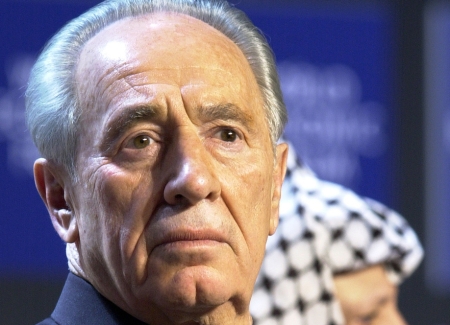
While new technologies have enhanced user freedoms, they have also created opportunities for dramatic invasions of privacy – including by governments against their own citizens. How can governments better balance national security needs against citizens’ right to privacy?
This ISN Special Report contains the following content:
- An Analysis by Peter Buxbaum about crafting sensible public policy on electronic surveillance and data mining.
- A Podcast interview with Bruce Schneier suggests that technology is neither a magic bullet that can stop terrorism nor a catalyst for invading privacy.
- Security Watch articles about the impact of electronic surveillance in Turkey, the US, Belarus and more.
- Publications housed in our Digital Library, including a recent Center for European Policy Studies paper on the human rights implications of global technology transfers.
- Primary Resources, like the US Patriot Act of 2001.
- Links to relevant websites, such as last week’s Economist article on “Privacy and the Internet.”
- Our IR Directory, featuring the human rights group, Privacy International.



